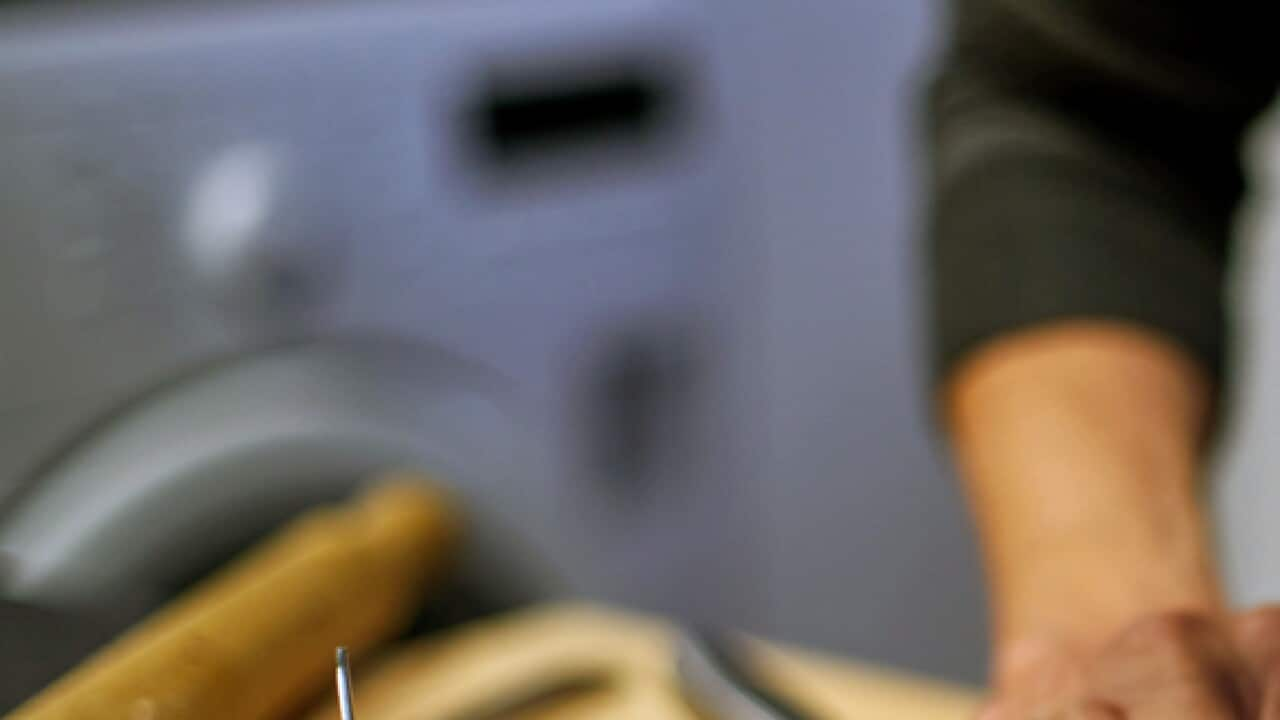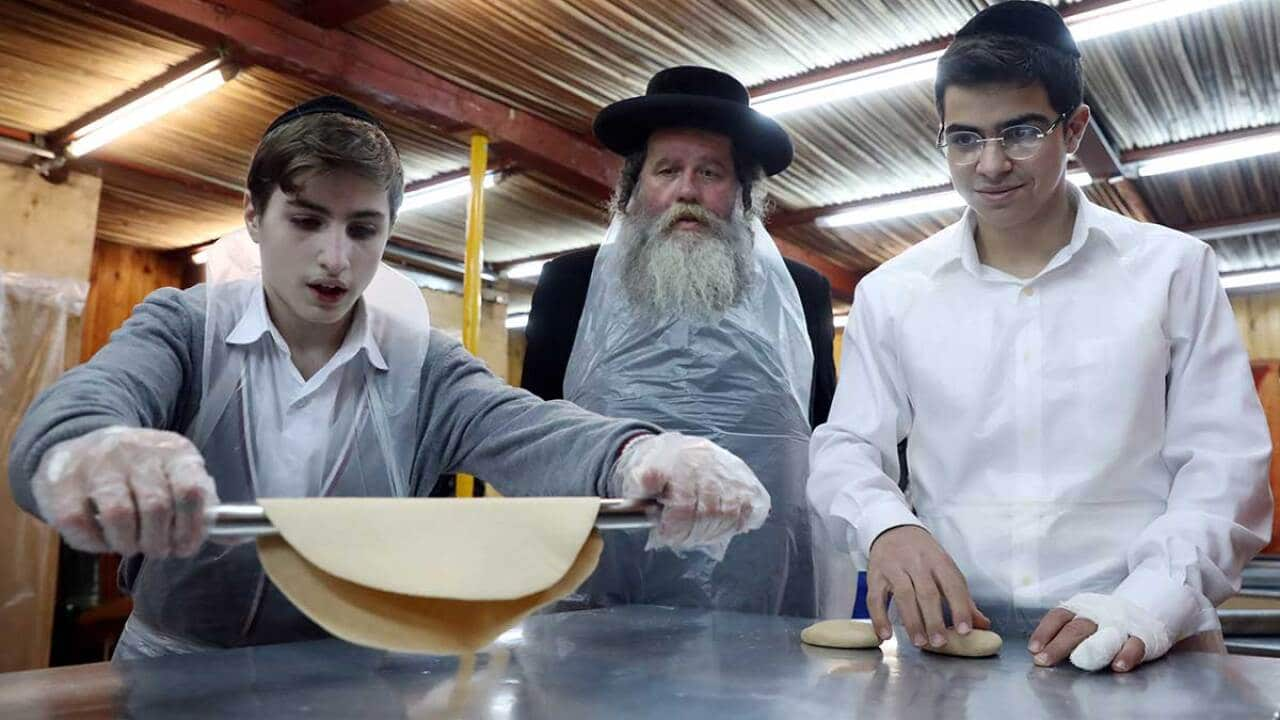I am grieving. There’s been no way to hide it, so I’ve just chosen to admit it.
This painful sensation appeared when my beautiful Maltese mother – who loved nothing more than cooking for hours at a time in her own kitchen – died three months and four days ago.
The hard thing about grief is that it’s something you have to learn to manage in order to continue in life, but you have to work out ‘how’ to manage it without the help of the person you’re mourning. After going through what felt like the motions each day, I figured out that there was really only one way I was going to heal. I decided to cook my way through my grief this Easter. And I’m going to use traditional Maltese ravioli (ravjul) to do it.
I always assumed that the oversized ricotta ravjul mum made from scratch every year at Easter was just a gigantic ravioli accident.
Why ravjul?
I was only a child when I first learnt about what ravjul even was. I was familiar with the term ‘ravioli’ and the sight of the small round or square Italian pasta shapes that often came with a fork prick decoration on top. But because I never saw ravjul sold in Sydney’s suburban shops, I always assumed that the oversized ricotta ravjul mum made from scratch every year at Easter was just a gigantic ravioli accident. It was typically served with nothing but parmesan and parsley, a little seasoning and a passata-based tomato sauce, as a sort of garnish.
It took my innocent childhood self a few years to officially notice the Easter ravjul trend and work out that this pasta dish was, in fact, part of my life as a first-generation Maltese-Irish Australian. Mum later told me that her father, my nunnu, used to cook ravjul on Good Friday back in Malta when she was a child and her childhood memory quickly became mine.
“You only need a few on your plate because they’re so large,” I remember my mum saying, talking me through how she had always made them. “You only need a bit of sauce to give it flavour. And no meat: it’s Good Friday and you should be fasting!”
So this year, I’m going to use ravjul to help me heal.
Maybe my memory has become selective since her passing, but I honestly believe that mum made ravjul for Good Friday lunch for what seemed like almost all of her adult life.
Of course, there were exceptions, like when she was too sick to cook. Two years ago in the lead-up to Easter, mum was confined to an isolated hospital bed as she battled lymphoma with her rosary beads in hand. While we were fearful she wouldn’t survive, she was fearful that she would have no ravjul to serve and eat at Easter. She was tough, even when she was sick, and managed to convince me to use my time, not spent at the hospital worrying about her, to make ravjul so that she could eat it on Good Friday when she got out.
“It was important,” she insisted, repeatedly. The ricotta was in the fridge, as were the Chinese dumpling wrappers (her makeshift way to cheat at making ravjul during illness) so I had no excuse. Even a nurse by her bedside told me that if I wanted her to settle, I better go home and make the ravjul. I still remember staying up until midnight cursing that leaky basket of ricotta, as I continued the tradition feeling emotionally exhausted.
True to her promise, mum recovered and on Good Friday, she got to eat the amateur version of ravjul I had pre-made for her. While none of us had the ability to heal her body, I really believe the powerful act of eating those Maltese ravioli – steeped in her childhood memories and faith – gave her comfort and helped to heal her soul.
So this year, I’m going to use ravjul to help me heal. And without a Chinese wonton wrapper in sight.
The secret lies in using fresh, full-fat ricotta (straight out of the basket if you can get it), while also nurturing the homemade dough - making sure to never overwork it and to always give it plenty of time to rest. I’ll use fresh parsley from mum and dad’s garden to sprinkle over the top of the parmesan cheese and the tomato sauce that will merely kiss the giant ravioli.
When I finish cooking, I will sit with my loved ones, eat my plate of ravjul and be filled with love and appreciation that I got to enjoy 40 years of my life learning all the lessons that she so gently taught me.
If it weren’t for my mother, I wouldn’t know about the ceremonial power of cooking and of the importance of forging an emotional connection to food. And I certainly wouldn’t know that Maltese ravjul weren’t simply gigantic ravioli gone wrong.
Family food traditions

Can Italo-Australians help keep the baccala tradition alive?








